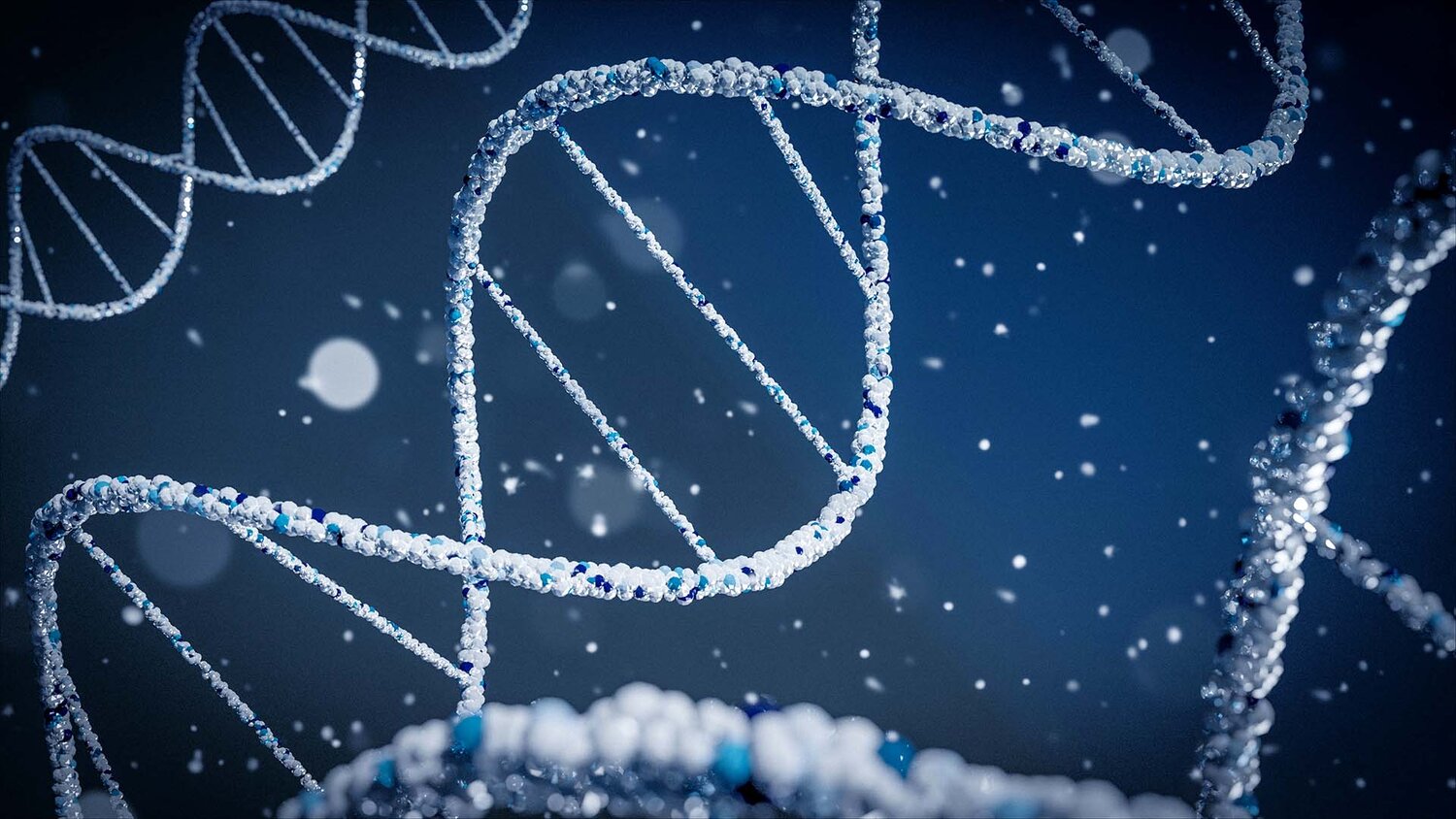Did you know that just like humans, cancers have their own DNA? Research into DNA and genes (genomics) has changed the way we understand and treat cancer, especially blood cancer. Blood cancers include leukaemia, lymphoma and myeloma.
In the past, there were three pillars of cancer treatment: surgery, chemotherapy and radiotherapy. Precision medicine is a new pillar – and genomic testing plays a large role in making it effective.
Genomics is the study of genes and DNA. It’s a focus of the Epworth Centre for Immunotherapies and Snowdome Laboratories. Nicole Brooks, Research Program Manager, facilitates the Centre’s genomic testing program.
Genomic testing provides details of specific mutations that exist in the patient’s unique DNA.
- Nicole Brooks, Research Program Manager, Epworth HealthCare
What are DNA mutations?
We can think of DNA like being instructions for the body. A mutation in DNA is a change to these instructions. Not all changes to DNA are an issue, but some mutations can lead to reactions such as blood cancer. This is because blood cancer is caused by blood cells in the body growing abnormally.
Finding mutations can tell us more about how cancer developed in an individual. It may also help predict how cancer responds to treatments.
How does genomic testing work?
Genomic testing uses a cancer sample from a biopsy. Next-generation sequencing technology checks genes in the cancer sample to find mutations.
Researchers around the world have studied the impact of mutations on treatment. This knowledge has changed the way we treat many blood cancers in Australia. For example, genomic testing can find mutations in the TP53 gene. People with this mutation aren't likely to respond well to chemotherapy. Doctors can use this information to make clinical decisions.
This service provides the treating doctor an opportunity to personalise the treatment options specific to that patient.
- Nicole Brooks, Research Program Manager, Epworth HealthCare
There’s still more to explore when it comes to genomics. Some testing results show ‘mutations with unknown significance'. This means researchers don’t yet know how a mutation may impact cancers.
Research underway on ctDNA
The Centre is researching an emerging type of genomic test called circulating tumour DNA (ctDNA). This test analyses the cancer’s DNA left behind in the blood stream.
“Additional ctDNA is collected during a routine blood test. A patient’s results may show emerging genetic mutations after a period of remission,” Nicole says.
“These new mutations would prompt the treating clinician to order a bone marrow biopsy and a PET scan to conclude if the patient’s blood cancer had returned and if further treatment was required.”
ctDNA is still an experimental test but has potential to greatly impact clinical care.
The power of ctDNA to potentially detect low levels of disease will enable doctors to intervene earlier and provide the highest level of care to Epworth patients.
- Nicole Brooks, Research Program Manager, Epworth HealthCare
The Epworth Centre for Immunotherapies and Snowdome Laboratories is made possible by the support of the Snowdome Foundation and Epworth Medical Foundation.
22 September 2021


